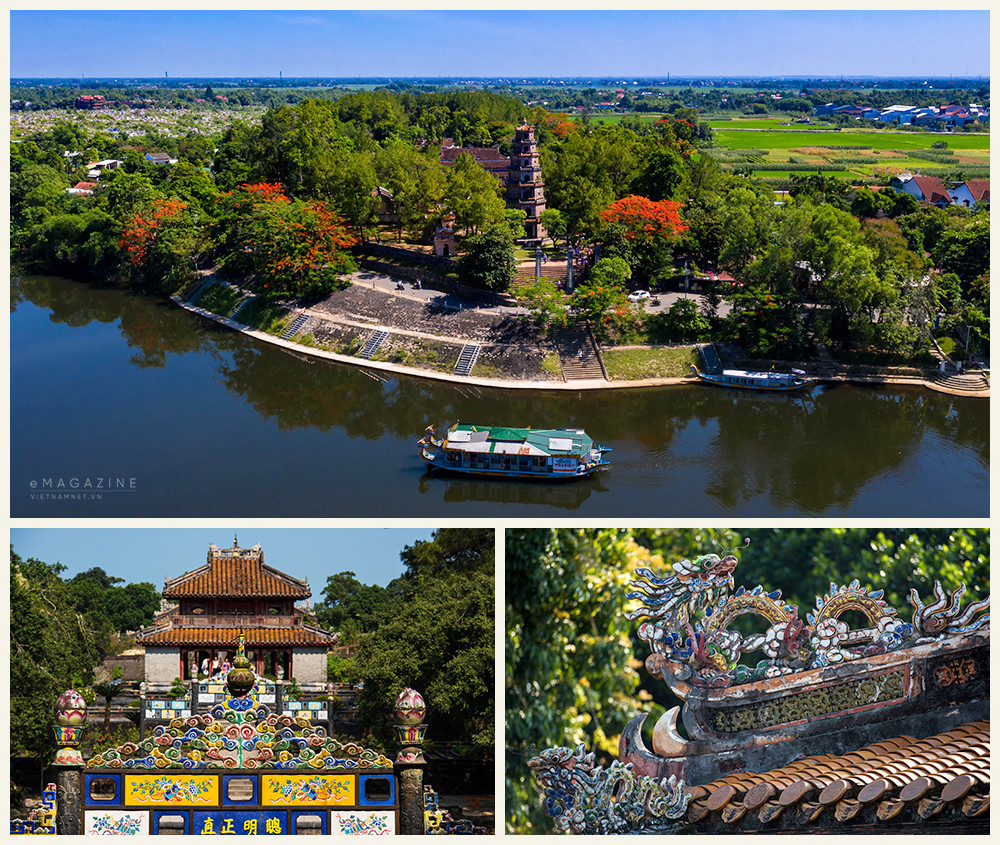
UNESCO’s leaders have shown their sympathy towards Vietnam and good impressions after visits to Vietnam. Over the last 50 years of cooperation, Vietnam has always been considered a dynamic and responsible member of UNESCO.
“Vietnam is a success story about effective cooperation with UNESCO,” Azouley said.
With historic visits by Vietnamese Prime Minister Pham Minh Chinh to UNESCO’s head office in November 2021 and UNESCO’s Director General Audrey Azouley to Vietnam in September 2022, the Vietnam-UNESCO partnership has been upgraded to a new high that is more substantial and effective, marking a milestone in Vietnam’s contributions to UNESCO.
VietNamNet talked with Ambassador Le Thi Hong Van, Head of the Permanent Delegation of Vietnam to UNESCO, about the contributions by Vietnam and the cooperation potential between Vietnam and UNESCO in preserving and promoting the value of culture and heritage.
On January 22, 2023, Vietnam was elected a member of the World Heritage Committee for the 2023-2027 term. Can you comment about this?
This is the second time that Vietnam has been elected to the World Heritage Committee. This shows international trust in Vietnam's leading capability in the fields of culture and heritage.
The membership creates opportunities for Vietnam to propose policies in this important field of UNESCO. We also have opportunities to share our experiences in preserving heritage with the world.
You have just successfully ended your working term at UNESCO. Could you please tell us about UNESCO’s assessments about Vietnam’s achievements in heritage conservation?
Before returning to Vietnam to attend the 32nd Diplomatic Conference (December 18-23, 2023), I met UNESCO Director General Audrey Azoulay and Director of the World Heritage Center Lazare Eloundou Assomo. Both UNESCO leaders expressed their sympathy for Vietnam and their good impressions from visits to Vietnam in September 2022 and March 2023.
The two leaders said that Vietnam is truly a typical example of preserving and promoting heritage values for sustainable development and economic development. They hope that Vietnam will share its experiences with the world. They also said they hope to return to Vietnam and visit more localities.
The titles awarded by UNESCO to Vietnam are all prestigious titles which not only honor the characteristics of the country but also show a high appreciation at an international level. These include heritage sites and assets of humanity.
Vietnam has had 65 titles honored by UNESCO, including world heritage, intangible heritage, global geopark, biosphere reserve, creative city, learning city, and world entrepreneurs. All of these titles are considered resources and potential to attract tourism.
What do you think Vietnam should do to harmonize economic development and the preservation and promotion of values, turning heritage into assets, and turning potential into resources to serve the country's development?
Innovating the way of thinking and promoting the value of heritage and UNESCO titles is something that all countries are doing. The British National Commission for UNESCO determined that there must be a multi-dimensional, multi-faceted and multi-purpose approach to fully promote the value of titles in the fields of culture, economy, society and the environment.
It is necessary to design a plan to preserve and promote the value of the titles, associated with sustainable development, and at the same time draw development targets at the national level. Currently, Vietnam is one of 11 countries selected by UNESCO to implement a pilot project on cultural indicators for sustainable development, with 22 indicators.
At the local level, it is necessary to integrate development plans and strategies, associated with specific goals. Hanoi is a creative city and is the first locality which has a plan to develop a creative industry by 2045 with specific goals, while Ninh Binh has a proposal for a millennium heritage urban vision, and Hoi An is a national tourism city.
Vietnam needs to strictly respect and comply with regulations and commitments made to UNESCO, especially the convention on the world heritage protection. Before implementing any construction work, involved parties must have assessments about the possible impact of the works and consult with UNESCO to ensure observation of set procedures.
It is necessary to take full advantage of digital technology in promoting communications, deploying cultural diplomacy, and accelerating the introduction of titles via social media, such as X, Instagram and Facebook.
Tran Thuong